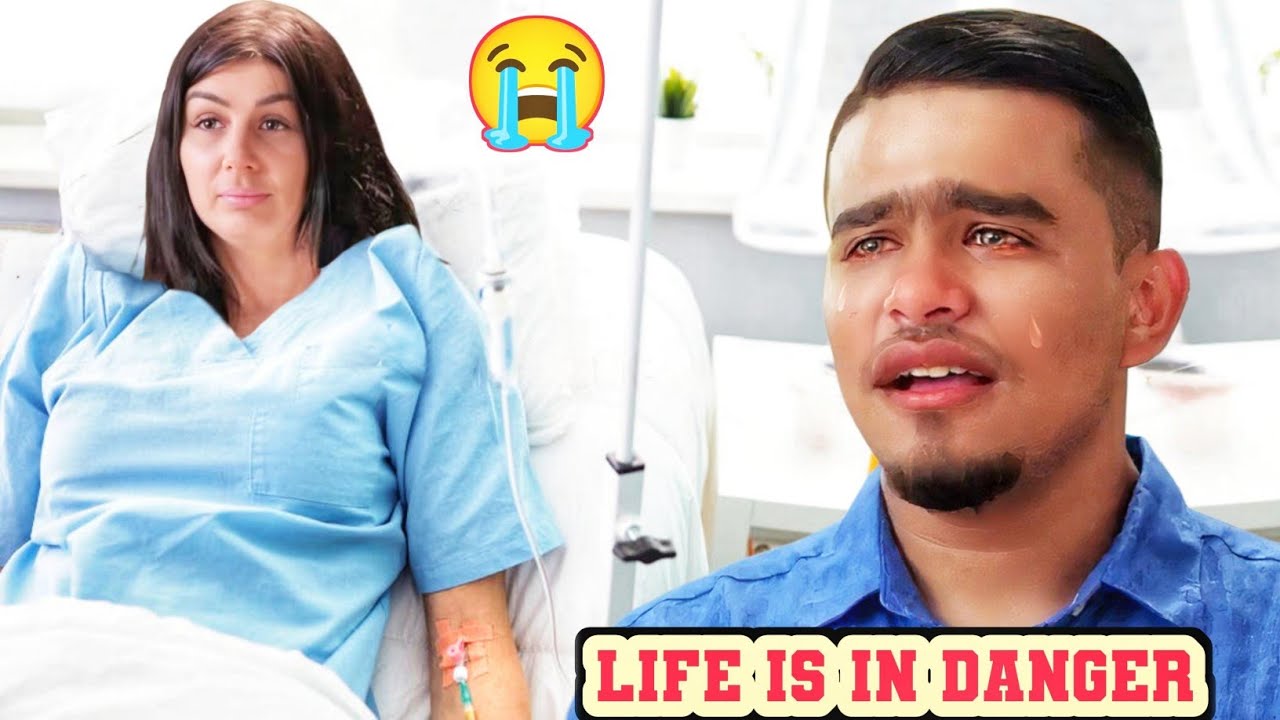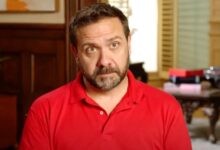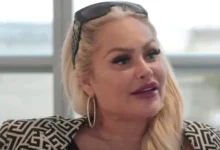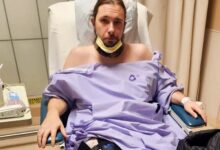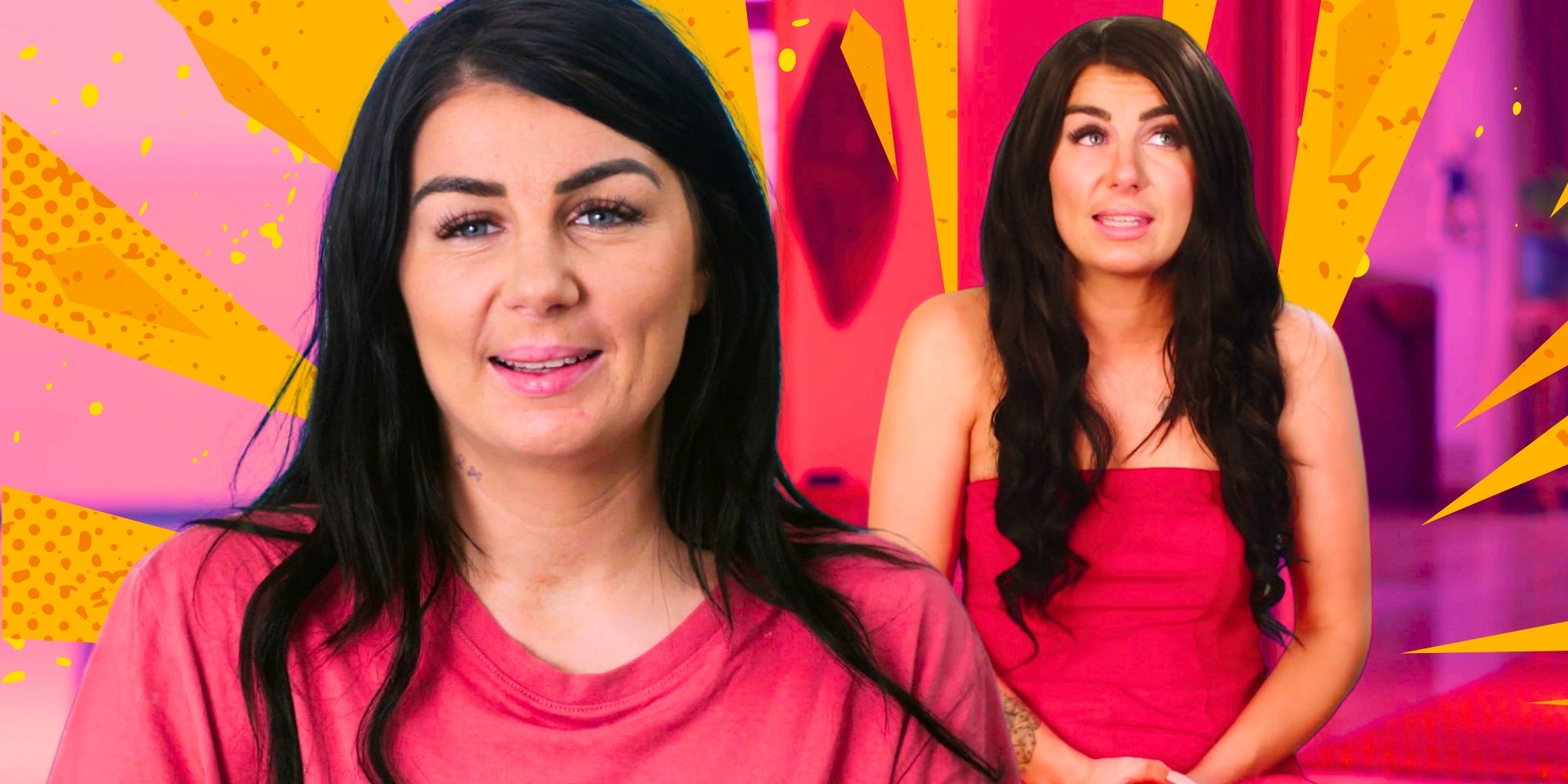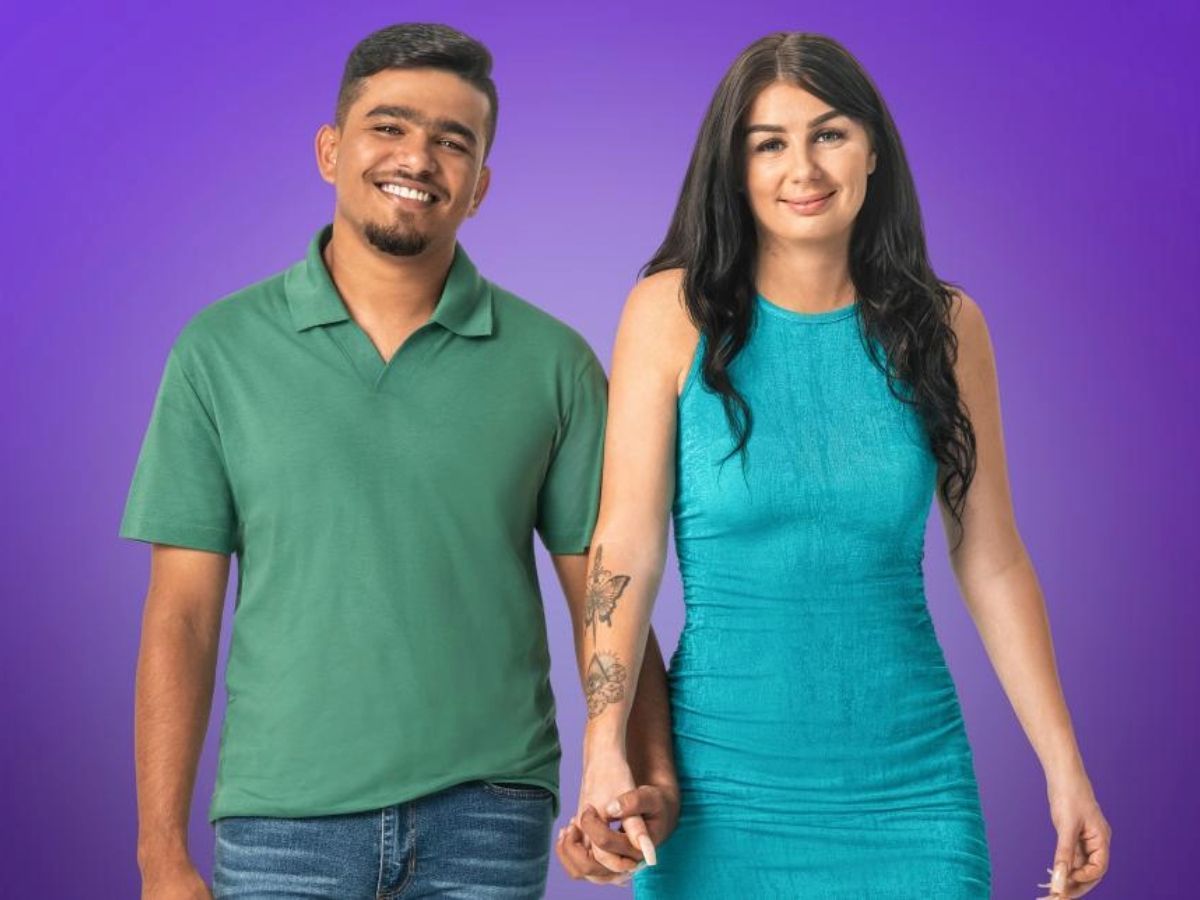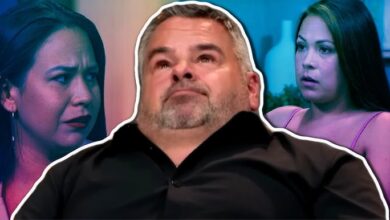Veah’s Critical Condition & Sunny’s Emotional Collapse: A Heart-Wrenching Tragedy Strikes 💔
Veah Netherton was sitting at her kitchen table, browsing through her phone with a little tremor in her palms. The unopened cup of tea next to her was illuminated by the sunlight streaming through the window.
She inhaled deeply, regained her balance, and pressed the record button. As she began talking to the camera, her voice was composed but sensitive.
“Hello everybody. I have something very personal to discuss. I received a brain tumor diagnosis a few months ago. It has been among the most difficult events of my life.”
Veah’s thoughts turned to the day she received the diagnosis. Her words lingered in the air as she recalled sitting across from a neurologist in a sterile doctor’s office, with the gentle ticking of a clock in the background.
The doctor’s tone was measured, his face serious. “The scans show that you have a brain tumor. We must talk about your treatment options, which include radiation, surgery, and perhaps chemotherapy.”
It felt as though the room’s air had been drawn out. The words were heavy.
Veah’s mind raced as she blinked and asked, her voice wavering, “What does this signify? What happens next?”
Although the doctor provided reassurances, the treatment plan specifics—including surgical risks, a demanding recovery period, and potential side effects—sounded intimidating.
Leaving the office with a pile of leaflets and the depressing realization that her life would never be the same, she returned home.
Back in her kitchen, Veah stopped the recording and took a moment to gather her thoughts. With a more determined tone, she resumed.
“I made an effort to follow the physician’s recommendations. I received the first treatments. However, the adverse effects…”
She paused and lowered her eyes.
“The adverse effects were excruciating. I thought I was becoming less of myself.”
She vividly remembered those exhausting weeks. Weak and fragile, Veah lay on a hospital bed as nurses came and went from her room, checking vital signs and administering medications.
The throbbing headache was exacerbated by the bright fluorescent lights. Waves of nausea swept over her, and her tiny, shaking hands clutched the edges of her blanket.
It wasn’t much better at home. She hardly had the strength to get out of bed. Every step was difficult. She felt like a shadow of the vivacious individual she had once been.
Determined to find another solution, Veah started exploring alternative medicines. At a wellness clinic, a therapist introduced her to holistic therapies.
During one session, she underwent a lymphatic drainage massage intended to cleanse her body. As the therapist worked, she winced on the table. The pain, though sharp, was bearable—a reminder of the toll her body had taken.
However, her condition worsened despite her efforts.
One night, Veah woke up suddenly, clutching her stomach. She stumbled to the bathroom, feeling lightheaded.
As she began vomiting, she saw blood staining the sink. Before she could call for assistance, panic swept over her, and she collapsed to the ground.
Later, V lay on a stretcher in a chaotic emergency room. Monitors beeped noisily, and nurses and physicians hurried around her, administering fluids and conducting tests.
Her thoughts were hazy, filled with uncertainty and terror as she slipped in and out of consciousness.
When she eventually made it home, Veah sat quietly, gazing out the window. She murmured to herself, “I can’t do this any longer.”
Her spirit felt even more fragile than her body. She was more damaged than better after all the procedures.
In an attempt to gain clarity, Veah attended a support group meeting at a nearby community center.
There, others who had battled their own health struggles shared their experiences. One elderly woman spoke with conviction and steadiness.
“The best healing sometimes comes from within,” she said. “More effective than any medication may be finding calm and concentrating on your positive emotions.”
These words resonated deeply with Veah. She realized she had neglected her emotional and mental health while focusing solely on battling the illness.
The following morning, Veah began a new regimen.
As the early light streamed through her curtains, she sat cross-legged on the floor of her living room. Closing her eyes, she concentrated on her breathing, letting the stress melt away.
Later, she strolled through a nearby park, walking leisurely along the meandering paths. She observed couples laughing and children playing. The cool breeze caressed her skin, and for the first time in weeks, she felt a ray of hope.
That night, Veah sat in front of her phone and recorded the final portion of her message. Her face was gentle but resolute.
“I’ve made the decision to step away from all of the treatments. It’s not about giving up but about putting my mental and emotional health first.”
She paused, a small smile forming on her lips.
“I want to do the things that make me happy and spend time with the people I care about. I appreciate your support, everyone. It has been my lifeline throughout this journey. I’m not giving up—I’m simply choosing a different route.”
As Veah reclined in her chair and looked out at the starry sky, she sent the video.
For the first time in a long while, she felt at peace. She was prepared to meet whatever lay ahead with elegance and strength.
